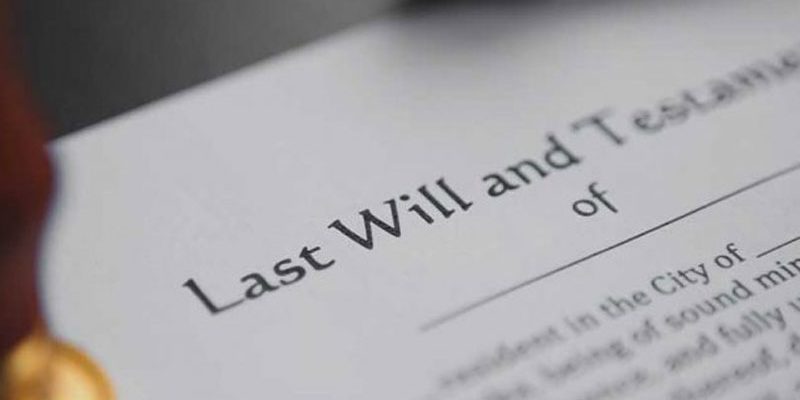Did you know that almost two thirds of the adult population in the UK do not have a will?
Did you know that if you do not have a will then your assets may not pass to the people you want to have them, they will pass according to the laws of intestacy?
A will is a legal document, which is drawn up during your lifetime in which you, the testator, decide what happens to your estate after you die.
The law of intestacy has a strict order for who your assets will pass to, so by making a Will you can decide what happens to your property and assets after you have died. It is the best way to make sure your estate is passed on to family and friends exactly as you wish.
The person named in the Will to manage your estate is called the executor because he or she executes your stated wishes. We recommend that you appoint at least 2 executors
You may wish to leave specific items that might hold sentimental value such as photographs or jewellery, to certain people, or leave them a lump sum gift of money, for example, Aunt Susan gets the collection of silver spoons, Cousin James the stamp collection, and so on it is the executors job to make sure that your wishes are carried out.
A Will can also serve to declare who you wish to become the guardian for any minor children or dependents it also allows you to make financial provision for your children. A child can not inherit until they reach the age of 18 years, in your Will, you can provide instructions, for your Executors, as to how you wish your assets to be preserved for and used for the benefit of your children, until they reach the age of 18.
More people are choosing to cohabit and not get married. If you are not married and die without making a will your partner will not automatically inherit your estate.
It is becoming more common for people to have second or even third marriages and wish to make provision for children and family from a previous marriage. It is therefore very important that you make a will, to ensure that children from a previous relationship are included.
If you are in the process of getting divorced, you may wish to make a will. Until the pronouncement of Decree Absolute, you are still legally married so if you die without a will your soon to be ex husband or wife would still inherit your estate under the laws of intestacy. A will could prevent this happening.
A lesser known fact is that marriage revokes a will, so even if you have a will, and are planning on getting married you will need to make a new will otherwise on marriage your new spouse will inherit under the laws of intestacy.
Although it is possible to write a Will by yourself, and there are several online services offering ‘over-the-counter’ templates available, it is advisable to use an experienced will writing solicitor, as there are various legal formalities you need to follow to make sure that your Will is valid.
You may also omit certain items or cause mistakes that are difficult to rectify in the future. You may also need legal advice for more complicated matters.
Specialist wills and probate solicitors can also advise you about how Inheritance Tax affects you.
It is important to remember that a Will does not come into force until after your death, so it is very difficult to rectify mistakes with your will, as you are no longer here to confirm your intentions, or answer any queries surrounding your will.
A badly drafted will can lead to costly and expensive litigation, to settle disputes between beneficiaries, the cost of which is ultimately met by your estate.

Article by Helen Springthorpe Solicitor


